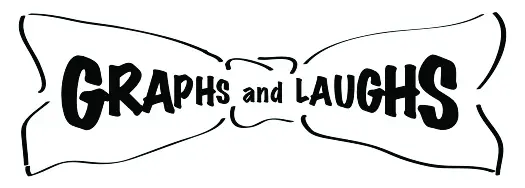Econ70
The Friday File: The cheapest gasoline in the world is in Venezuela where it costs just 6 cents/gallon, Kuwait is next at 82 cents/gallon, followed by Saudi Arabia at 91 cents/gallon, and Turkmenistan at $1.08/gallon. The US is 20th cheapest…
Read MoreIf middle-class is defined as those earning between two-thirds and twice the national median income, in 2015 the 120.8 million middle-class adults were, for the first time, exceeded by the 121.3 million lower- and upper-income adults. In 1971, 61% of…
Read MoreFebruary auto sales hit an annualized rate of 17.5 million, a 16-year February high and are up 6.9% from 2/14. January construction spending rose 1.5% M-o-M and 10.4% Y-o-Y with residential, non-residential and public spending up 8%, 11% and 13%…
Read MoreAfter a prolonged period of staggeringly low inflation, led by a strengthening dollar and declining energy prices, inflation is back! As measured by the Personal Consumption Expenditure index, the Fed’s preferred inflation index, inflation is 1.3%, and core inflation (which…
Read MoreThe Friday File: President Washington appointed 10 Supreme Court justices, followed by FDR with eight and Jackson with six. Three presidents made no Supreme Court appointments; Harrison, Andrew Johnson and Carter. William O. Douglas is the longest serving Justice at…
Read MoreIn 2006, the four biggest banks (J.P. Morgan Chase, Bank of America, Wells Fargo and Citigroup) collectively had $5.2 trillion in assets, 44% of all US bank assets. Today, those same four banks hold $8 trillion in assets or 51%…
Read MoreIn 9/08, the government took over Fannie and Freddie after investing $116 billion and $71.5 billion in them respectively. In exchange, the government initially took a 10% dividend on bailout monies and since 2012, against stockholders wishes, has been taking…
Read MoreBernie Sanders’ single-payer healthcare proposal will probably cost $2.4 trillion/year, not the $1.4 trillion/year he estimates. The difference, savings generated. Single-payer can cut administrative costs by 5% to 7% (not 14% as suggested). The remaining savings depend on paying all…
Read MoreIllegal drugs are roughly a $300 billion/year global industry and reducing supply has always been the preferred mode of combating them. Regrettably, the combination of very inelastic demand (meaning buyers are unresponsive to price changes primarily because the drugs are…
Read More